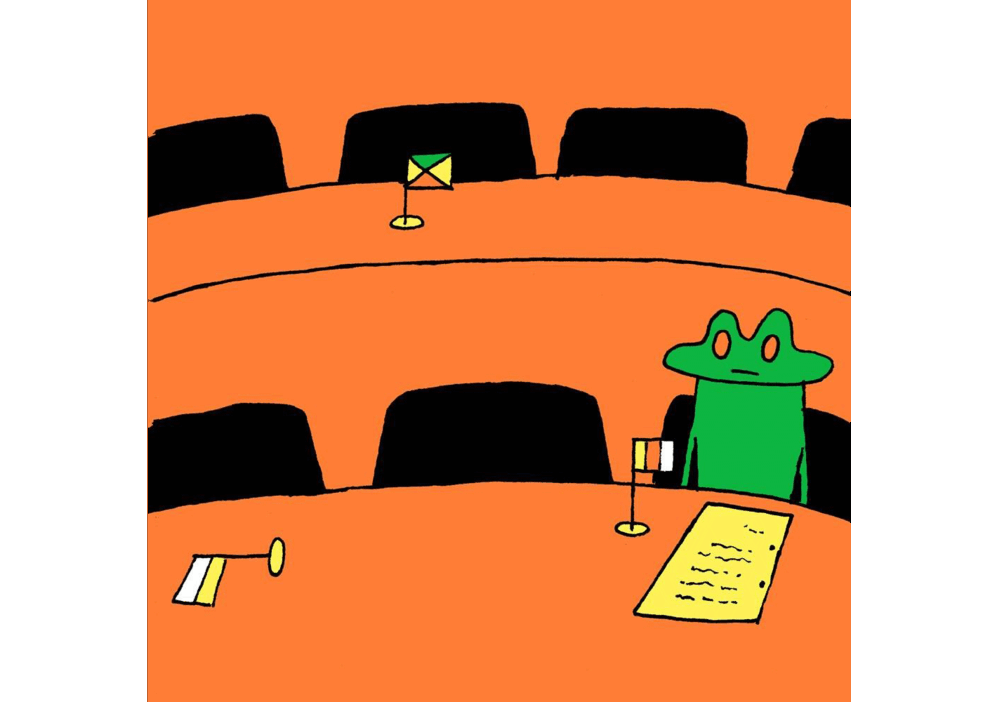Common public
We have to talk
In the debates surrounding the euro crisis, some saw the birth of a European public. The European elections in 2014 were followed by disillusionment. What if the EU didn’t exist – would we then be more likely to debate together?
It started with the euro crisis. Suddenly everyone was talking about Greek pensions, Italian debt and bankrupt banks in Cyprus. This was the birth of the European public, said the sociologist Ulrich Beck. Thanks to the EU and the euro, Germany is finally discussing the problems of its neighbours.
But with the European elections in 2014 came disillusionment. In spite of the system of lead candidates, which was supposed to promote EU-wide debates, the election campaign remained national. Even the TV duels were a flop. In Germany, only 1.79 million viewers watched the lead candidates in prime time; the rating of 5.8 percent was miserable.
But what would it look like if the EU no longer existed? Would interest in European debates increase? The experience after the Brexit referendum in Britain speaks against this. Even after three years of negotiations on leaving the EU, politicians in Brussels still lament a flagrant lack of knowledge about the EU on the island.
In spite of 24 EU official languages and simultaneous translation, no European discourse has emerged in Brussels
Without the EU, it would not be better, rather the opposite. After all, the alliance has laid some important foundations for a European public. That began with the Maastricht Treaty, which established European citizenship in 1992, and extends to the press corps in Brussels, which ensures lively exchange with more than 1,000 accredited EU correspondents.
However, in spite of 24 EU official languages and simultaneous translation, no European discourse has emerged in Brussels. Because most correspondents wear national glasses: they report from the perspective of their home country and in their national language. That would not change without the EU. But thanks to the European institutions, there are at least enough common themes. It's only a pity there aren’t crises more often.
